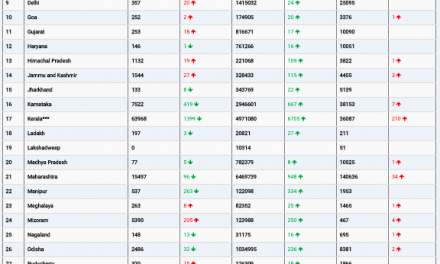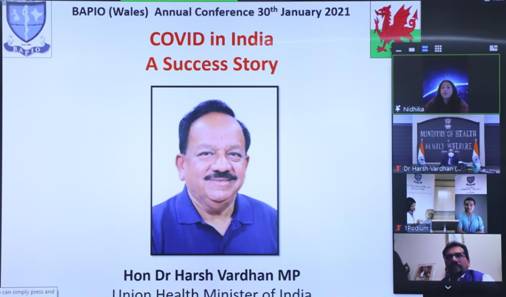Enhanced efforts, renewed commitment, and an inclusive approach is needed to end the scourge of leprosy which continues to afflict thousands of people every year, the majority of them in the WHO South-East Asia Region.
Leprosy affected 212 000 more people globally in 2015. Of them 60% were in India. The other high-burden countries were Brazil and Indonesia. Of the new cases 8.9% were children and 6.7% presented with visible deformities.
Despite being eliminated globally as a public health problem in 2000, leprosy continues to mar the lives of individuals, and impacts families and communities. Though present numbers are a fraction of what was reported a decade ago, they are unacceptable, as an effective treatment for leprosy – multidrug therapy, or MDT – has been available since the 1980s and can fully cure leprosy.
World Leprosy Day, observed on the last Sunday of January, focuses on the target of zero cases of leprosy-related disabilities in children. Disabilities do not occur overnight, but happen after a prolonged period of undiagnosed disease. Early detection is key to achieve this target, alongside scaling up interventions to prevent leprosy transmission.
Addressing the socio-economic needs of affected persons and communities and taking concrete measures to end stigma – often the reason for late diagnosis – is vitally important.
To effectively combat stigma, a multisectoral approach is needed. Health authorities need to reach out to and include leprosy-affected persons and communities in their programming. Laws or regulations that sanction or abet discrimination against persons suffering leprosy should be repealed. A concert of voices should be mobilized to counter harmful social attitudes. Nongovernmental and civil society organizations should be included in campaigns to challenge leprosy-related stigma, and to address discrimination against affected persons and their family members.
As long as leprosy transmission and associated disabilities exist, so will stigma and discrimination and vice-versa.
The World Leprosy Day is an opportunity for renewed commitment to rid humanity of the debilitating disease at the earliest.











